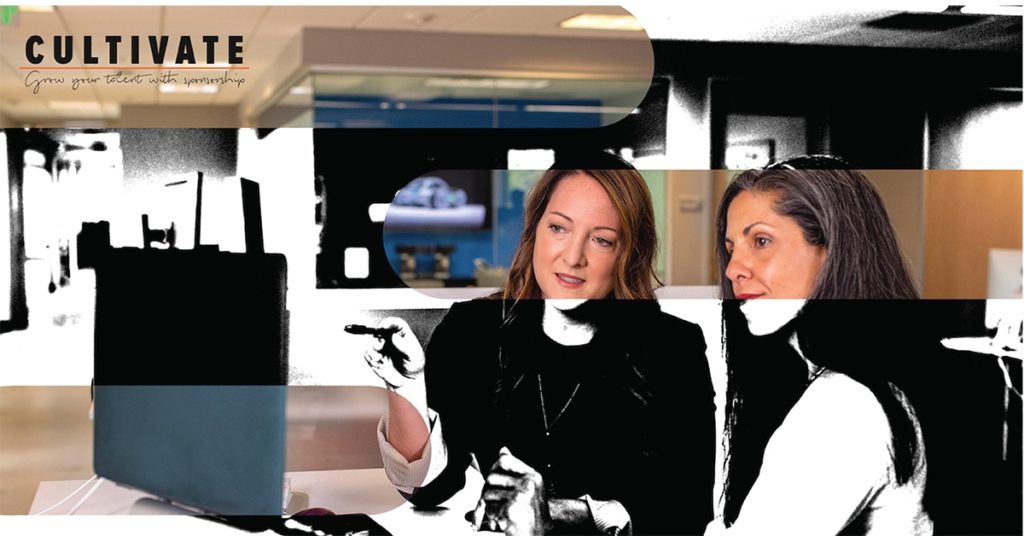I have had three careers. My first was as an Olympic athlete in judo. My second was as a construction project manager. My third is now, as a director of Cultivate Sponsorship and an academic who researches gender justice in male dominated sectors.
I worked in the building game for 15 years, in Australia and the Middle East. Most of my career was spent on site working for construction contractors. I built apartments, a conservatorium, a military base and an equestrian centre.
I worked very hard and enjoyed construction work, but unlike judo where the rules of the game were crystal clear and I knew exactly what I needed to do to reach the medal podium, in construction I was often left scratching my head. I couldn’t work out why my career was not progressing, why I was always the only woman in the room and where were my female peers from university?
After fifteen years I stepped off the construction site and returned to university to make sense of my career and to investigate why construction companies struggle to retain and progress their female talent?
My PhD research found that the rules in construction, unlike judo, are gendered and complex, and they have different implications on women and men’s careers.
I found that in lieu of transparent promotion policies and practices, male leaders had progressed in their career thanks to hard work and informal sponsorship. Men were sponsored by more powerful men and this provided them with exposure to valued skills, opportunities and the company spotlight. These informal sponsorship relationships were important strategic alliances that propelled men through their careers.
By contrast, the data showed that despite women working very hard, most had been denied access to informal sponsorship. Many women in the low-mid levels of the business described being in the ‘lost lands’, unable to see a way forward up the career ladder. Only a few women in my research described being sponsored. They were the same women who rose to the top and breathed rare air. Sponsorship resulted in them stepping into a ‘slipstream of legitimacy,’ as people, took them seriously, often for the first time in their career. These informal sponsors advocated for them, put them forward for critical roles that gave the women visibility amongst the company’s decision makers and leaders and credibility, and decoded the informal unwritten rules necessary for career progression.
The other thing my research showed was that there was a gap in the awareness and understanding of company leaders in relation to gender equality. This gap prevented leaders from taking action and owning gender equality initiatives.
Kat and I designed Cultivate Sponsorship to address both of these issues. It is a high impact tech program that embeds sponsorship within an organisation to retain and progress women. It builds a deep personal awareness of gender inequality amongst leaders in an organisation; it teaches them the individual and systemic barriers that exist within their organisation and sector. The program spans over 7 months, where both the sponser and sponsee form a strategic relationship within the business.
Being given access to structured learning and development, while forming a strategic alliance opens up a world of possibilities for women whose hidden potential would otherwise be overlooked. This is why Sponsorship is so critical, as it forces a change in systematic gender alliances, and breathes fresh air on a new reality and new possibilities, for individuals and organisations.
I wish that I had been given access to Cultivate Sponsorship in my construction career. Who knows, I might be still working on site.

